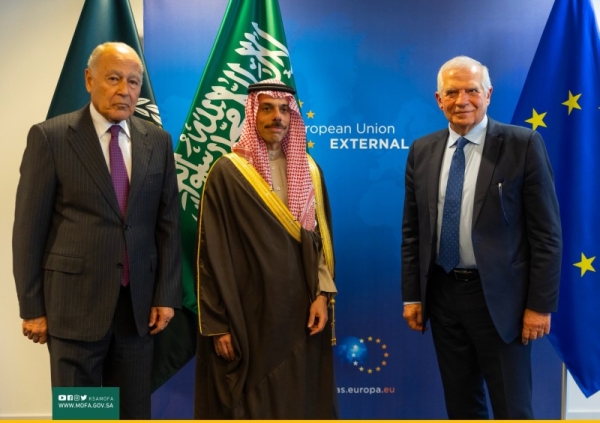
In the regime-held central Syrian town of Rastan, Suleiman Berber carried his son in his arms, anxiously observing Russian soldiers unload food parcels from a truck.
His face suddenly lit up as his wife managed to grab one, while journalists on a media tour with Russias army watched on.
In Rastan in the central province of Homs, 31-year-old Berber said he and his family depend on aid from government ally Russia to survive.
Before the regime returned to Rastan, "it was really tough. We didnt have enough to eat or drink," said Berber, dark rings under his eyes.
"Now theres this aid, its better."
Around him, dozens of Syrians and their children, many dressed in dusty clothes, gathered to receive parcels of rice, flour and condensed milk.
Each package bore Russias flag and the message "Russia is with you" in Cyrillic script.
Russian army spokesman Igor Konachekov said the regime ally delivers food to the town once a day.
"We will continue until the food situation in Syria improves," he said, according to Agence France Presse.
"After the war is finished, it could still take several months."
Seven years into Syrias civil war, some 6.5 million people in the country are unable to meet their food needs, the United Nations says.
In July, the UNs World Food Programme distributed food assistance to more than three million people in Syria.
"Soaring food and fuel prices, stagnant salaries, loss of livelihoods and reduced food production have led to widespread food insecurity across the country," it said.
In the neighboring province of Hama, more than a dozen Syrians worked away on a farm.
Ahmad al-Tawil, the owner of the land, said some had returned to work after they were displaced to other parts of Syria or abroad.
Others had rented a plot to help feed their families, after the fighting between rebels and regime fighters subsided.
"The fighting happened just five kilometers from here," Tawil explained, standing in an orchard where he said he has found landmines.
"When the shooting got too intense, the workers couldnt come."
His yield has been good this year, he told AFP, after "lots of rain, which is perfect for potatoes and fruit".
But due to low exports Tawil is selling them cheap and his farm is "working at a loss", he said, complaining about the high price of fertilizer.












